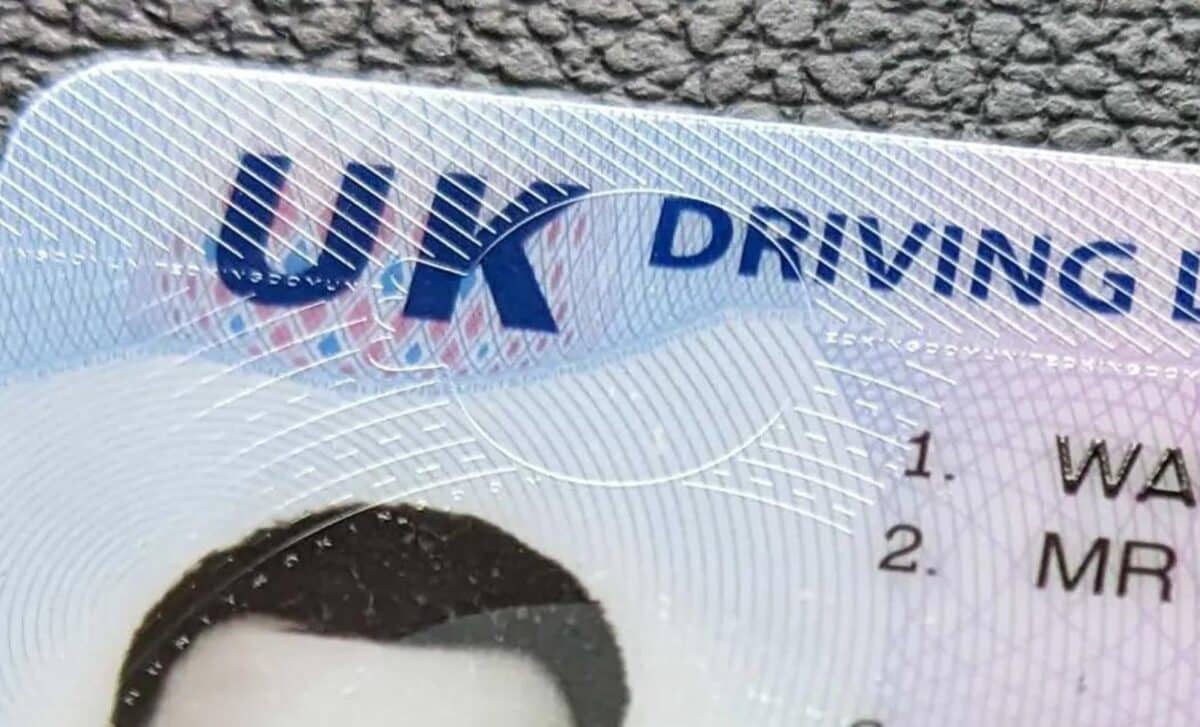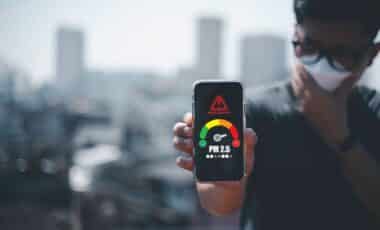More than 600,000 drivers in the UK are set to lose their licences in a new DVLA effort aimed at increasing road safety for all motorists. This sweeping action impacts individuals with specific health conditions and comes as the agency tightens its safety guidelines to minimise risks on the roads. The move, which has attracted attention from drivers and advocacy groups alike, seeks to prevent accidents and ensure that all drivers meet essential standards to protect public safety.
DVLA Action and Its Widespread Impact
The DVLA’s decision to revoke such a large number of licences highlights its commitment to maintaining safe roads. According to the DVLA, drivers who are affected by health-related incidents, such as epileptic seizures or strokes, may need to relinquish their licences temporarily to ensure they are fit to drive. Car insurance expert Greg Wilson, CEO of Quotezone.co.uk, comments on the impact, noting that while the rule may be seen as restrictive, it prioritises safety. He explains, “In order to be able to drive, you must have been seizure-free for 12 months. If someone is said to have had a seizure whilst awake, their licence will be revoked, and after six months, they may be able to have it back with a medical advisor’s go-ahead.”
Drivers are reminded of their legal obligation to inform the DVLA if they experience health changes that might impact their driving. According to Express, failure to report such conditions could result in fines up to £1,000 and potential legal repercussions if an accident occurs as a result. These regulations are designed to protect all road users by ensuring that drivers are medically fit to handle the demands of the road.
Reapplying for a Licence and Conditional Return
While many individuals will experience a temporary licence suspension, the DVLA provides a structured process for reapplication, enabling individuals to return to driving under specific conditions. Drivers affected by seizure-related incidents due to adjustments in medication, for instance, may be eligible to reapply for their licence after six months if their original treatment plan is resumed. The DVLA also allows individuals who have had controlled episodes that do not impair consciousness to continue driving, provided their episodes are managed and do not pose a risk to their driving abilities.
For drivers with epilepsy, a condition affecting around 630,000 people in the UK according to Epilepsy Action, these measures provide a pathway to remain on the roads while prioritising safety. The agency requires that all individuals seeking reapplication undergo thorough medical assessments to confirm they meet the necessary health standards. This ensures that the DVLA can responsibly permit driving privileges for those who have managed their conditions effectively.
Ensuring Road Safety and Public Health
The DVLA’s sweeping action to revoke licences for specific health conditions aligns with its broader commitment to road safety. This policy is particularly relevant to the elderly and individuals managing chronic illnesses, who may face unique risks while driving. Motorists are encouraged to remain vigilant and consult healthcare professionals regarding any health changes that may impact their driving abilities. By mandating this level of accountability, the DVLA seeks to reduce preventable accidents, particularly in high-risk cases.
As similar policies exist across Europe, this initiative reflects a broader emphasis on health-related driving eligibility, a trend aimed at enhancing public safety through strict driving requirements. The DVLA’s move has garnered support from safety advocates who see this as an essential step in protecting the public from accidents related to sudden health complications.
Moving Forward: What Drivers Need to Know
For those affected, the DVLA’s revised regulations require drivers to maintain a heightened awareness of their own health status. Consulting healthcare providers and following DVLA guidelines will be essential for drivers to comply with the new requirements. With the introduction of these stringent standards, UK roads are expected to become safer, reducing the risk of accidents and enhancing driver responsibility.
As the DVLA continues to monitor and update its policies, individuals are advised to stay informed about the latest requirements to avoid complications in their driving status and to promote a safer driving environment for all. For those affected, engaging with medical professionals to understand their health’s impact on driving abilities is crucial, as is adhering to DVLA’s reporting guidelines.
The DVLA also encourages all drivers to proactively manage any health changes that could affect road safety, reminding motorists of the importance of self-awareness and responsibility in maintaining their fitness to drive. Ultimately, these policies are part of a larger initiative aimed at reducing road accidents and enhancing public safety, ensuring that all UK drivers can trust that those on the road are fully fit to drive.









